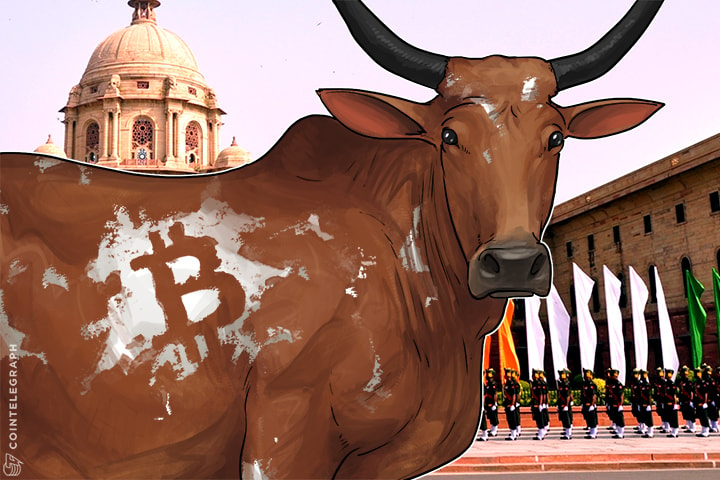With the Indian Government’s demonetization drive resulting in chaos and a rush for cash, Indians are turning to god to tide over the crisis.
Worship places requested to deposit cash received
The characterization of India as a spiritual place by most tourists is not wrong, considering that it is the birthplace of multiple religions including Hinduism, Buddhism and Sikhism. Religious institutions play an important role in daily life and receive a lot of money - including small bills - as donations. The Ministry of Finance has requested religious institutions to deposit their cash donations into banks, which can then redistribute these small bills into the economy.
In the southern state of Kerala, the Martin De Porres church has opened its collection box to help the needy. The church normally opens its donation box once every six months.
Money laundering attempts
Not all actions of religious institutions during this crisis have been philanthropic - some of them are under the government’s scanner for money laundering.
There has been a surge in deposits made to temples and other religious institutions, post the demonetization measures taken by the government. The government is investigating if the management of certain institutions are involved in laundering money by showing it as anonymous donations.
Currency and religion
Governments have often used religion to reinforce the belief of the masses in government measures. “In God We Trust” is the official motto of the United States and appears on fiat bills.
Bitcoiners differ in their views. While Bitcoiners may or may not believe in god, they believe in the math underlying the Blockchain.
Plenty of religious institutions accept Bitcoin. The Shoreline Unitarian Church has accepted Bitcoins since 2014, using Coinbase as a payment processor. On the other side, the Satanic Temple of Detroit also accepts Bitcoin, using ShapeShift. Bitcoin is indeed a great leveller.


